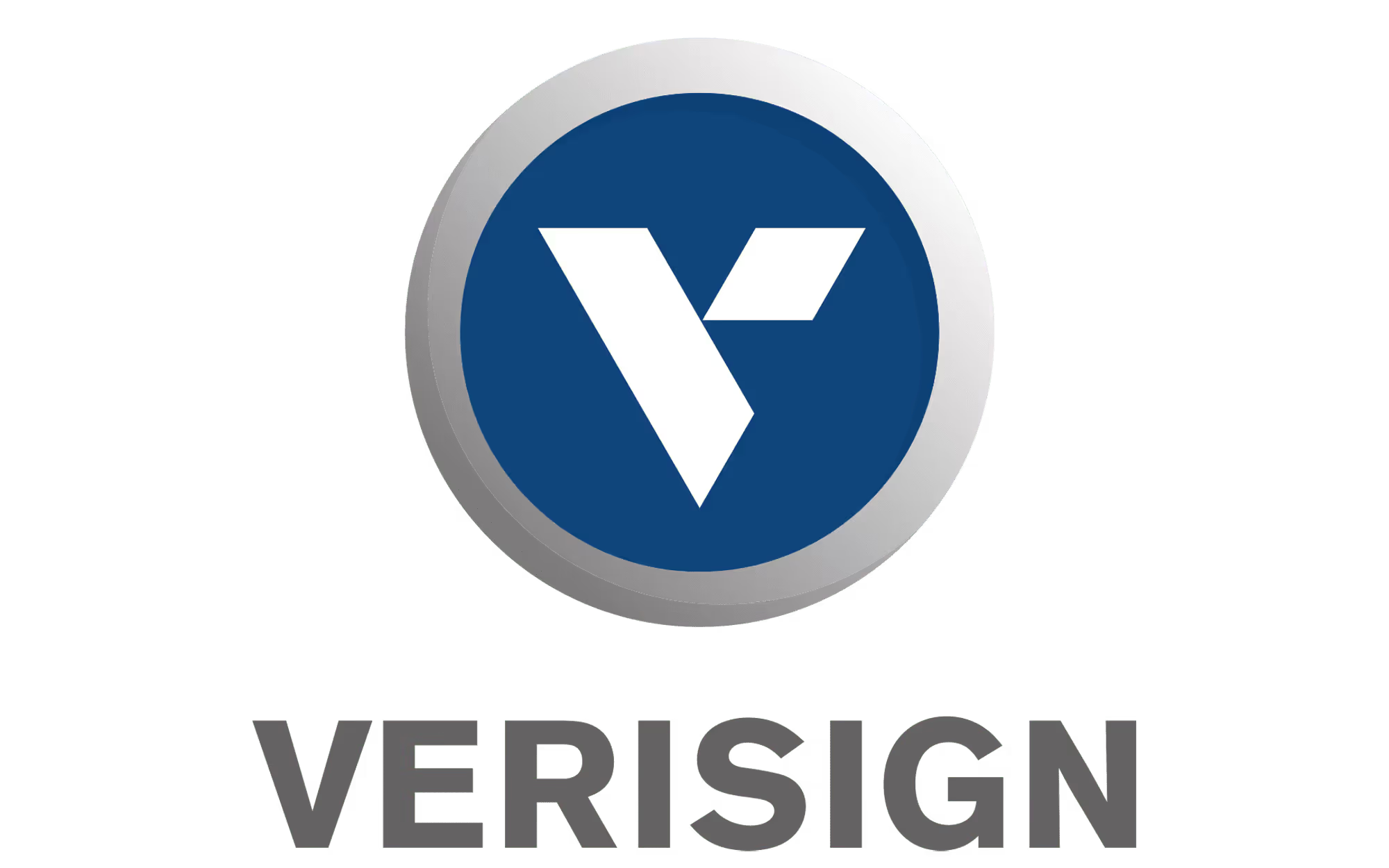Small businesses are the backbone of our economy, driving innovation, job creation, and community development. Yet, access to capital remains a persistent challenge—especially for startups and early-stage businesses that may not meet traditional lending criteria. That’s where microloans come in. These smaller-dollar loans serve as a vital funding tool, helping small businesses launch, expand, and navigate cash flow constraints.
As someone who has spent over 25 years in banking and SBA lending—and as an entrepreneur myself—I understand firsthand how crucial accessible financing is for business owners. In this article, I’ll break down what microloans are, their benefits, and how small business owners can successfully access this type of funding.
What Are Microloans?
Microloans are small, short-term loans designed to support startups, sole proprietors, and small businesses that need working capital but may not qualify for traditional business loans. Loan amounts typically range from $500 to $50,000, though the average loan size is around $13,000, according to the SBA.
These loans can be used for various business needs, including:
- Working capital to cover day-to-day expenses
- Inventory or supplies to stock up for seasonal demand
- Equipment or machinery to enhance operations
- Furniture or fixtures for a new or expanding business location
- Marketing and advertising to build brand awareness
Why Microloans Matter
Traditional lending models often favor established businesses with strong financial histories. Unfortunately, this leaves many promising entrepreneurs and small businesses—particularly those in underserved communities—struggling to secure the funds they need to grow.
Microloans fill this gap by offering:
- More Flexible Lending Criteria: Many microloan programs consider alternative credit data and prioritize business potential over strict financial metrics.
- Lower Barriers to Entry: Unlike conventional loans that may require substantial collateral, microloans often have more lenient collateral and credit score requirements.
- Support Beyond Funding: Many microloan lenders offer business coaching, financial literacy training, and mentorship to help entrepreneurs succeed.
- Quick Access to Capital: Since microloans are typically offered through mission-driven lenders and community banks, and the dollar amount is on the smaller side, the application and approval process can be faster than traditional lending channels.
For example, at Bankwell, we offer a microloan for local businesses in our home footprint of Fairfield and New Haven counties in Connecticut called our eSpire™ Growth Loan, which is a $15,000 loan. In addition to offering the capital, we pair it with an online capital planning workshop. The workshop provides valuable insights from SBA lending specialists, empowering business owners to make informed financial decisions about future funding needs and opportunities. Those who complete the workshop are rewarded with a 2% interest rate reduction. This is one of the many ways our bank helps local businesses thrive.
Where to Find Microloans
If you’re a small business owner considering a microloan, here are a few key sources to explore:
- SBA Microloan Program – The U.S. Small Business Administration (SBA) partners with nonprofit community-based lenders to provide microloans up to $50,000. These loans can’t be used for real estate or refinancing debt, but they’re excellent for purchasing equipment, inventory, and working capital.
- Community Development Financial Institutions (CDFIs) – These mission-driven organizations focus on lending to businesses in underserved markets. They often provide flexible terms and additional business support services.
How to Improve Your Chances of Getting a Microloan
While microloans are more accessible than traditional business loans, lenders still evaluate applicants based on their ability to repay the loan. Here are some steps to improve your chances of approval:
- Develop a Solid Business Plan: Lenders want to see that you have a clear vision for your business, including revenue projections and a strategy for repaying the loan.
- Build Your Credit Profile: Even if you have limited business credit history, a strong personal credit score can help demonstrate financial responsibility.
- Prepare Financial Documentation: Have key financial documents ready, including bank statements, tax returns, and profit-and-loss statements.
- Be Clear About Loan Usage: Clearly outline how you’ll use the funds and how they will contribute to your business’s growth.
- Seek Business Mentorship: Working with an SBA resource partner, such as a Small Business Development Center (SBDC) or SCORE mentor, can enhance your credibility with lenders.
Final Thoughts
Microloans offer a powerful solution for small businesses seeking accessible funding to start or scale their operations. While they may not be the right fit for every business need, they can serve as a stepping stone toward long-term financial success. If you’re a business owner exploring your funding options, take the time to research microloan programs and work with a trusted financial partner who understands your unique needs.
At Bankwell, we’re committed to supporting small businesses at every stage of their journey. If you have questions about microloans, SBA financing, or other funding opportunities, I’d love to connect and help you navigate your options. Let’s build something great together!
Michael Johnston is the SVP & Head of SBA Lending at Bankwell. With over 25 years of experience in banking, lending, and consulting, he is passionate about helping small businesses secure the capital they need to succeed. Connect with him on LinkedIn for insights on SBA lending, small business financing, and industry trends.




